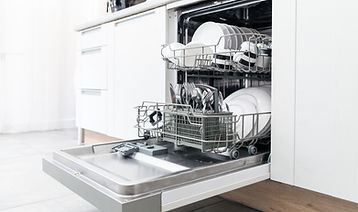

Applications
We are specialists at capturing and interpreting data.
FCMI will provide you with proven insights and formulated solutions to every day challenges.
Temperature Monitoring (Equipment)
Temperature monitoring equipment offers numerous advantages in various industries. It ensures product quality, prevents spoilage, enhances safety, and aids in compliance with regulations, making it indispensable for maintaining optimal conditions.

Thermal Mapping
Food thermal mapping optimizes temperature distribution in storage and processing. This practice enhances food safety by preventing hot spots, ensures consistent quality, reduces energy costs, and extends shelf life, benefiting both consumers and businesses.

Dishwasher Heat Monitoring
Dishwasher heat monitoring is essential for efficient cleaning and sanitization. It ensures dishes are washed at the right temperature, killing harmful bacteria, saving energy, and maintaining excellent hygiene standards.

Automated Red Book Reporting
Red book reporting provides a structured, standardized approach to documenting medical information during trials. Its benefits include enhanced data quality, regulatory compliance, and improved decision-making.

Temperature Monitoring (Food)
Food temperature monitoring is crucial for food safety and quality. It prevents bacterial growth, reduces foodborne illnesses, and preserves taste and texture. It also helps businesses comply with regulations, ensuring customer satisfaction.

Equipment Energy Usage Monitoring
Equipment energy usage monitoring offers substantial advantages. It helps identify energy inefficiencies, reduces operational costs, minimizes environmental impact, and enhances sustainability efforts. This data-driven approach promotes efficient resource allocation and sustainability.

Food Waste Analysis
Food waste analysis yields multiple benefits. It helps identify sources of waste, reduce losses, and optimize resource allocation. This leads to cost savings, environmental sustainability, and a more efficient and responsible food industry.

Process Re-engineering and Optimizations
Reengineering in the food service industry drives efficiency by streamlining processes, reducing waste, and improving customer experiences. It lowers costs, enhances productivity, and ensures better service quality, yielding competitive advantages.

